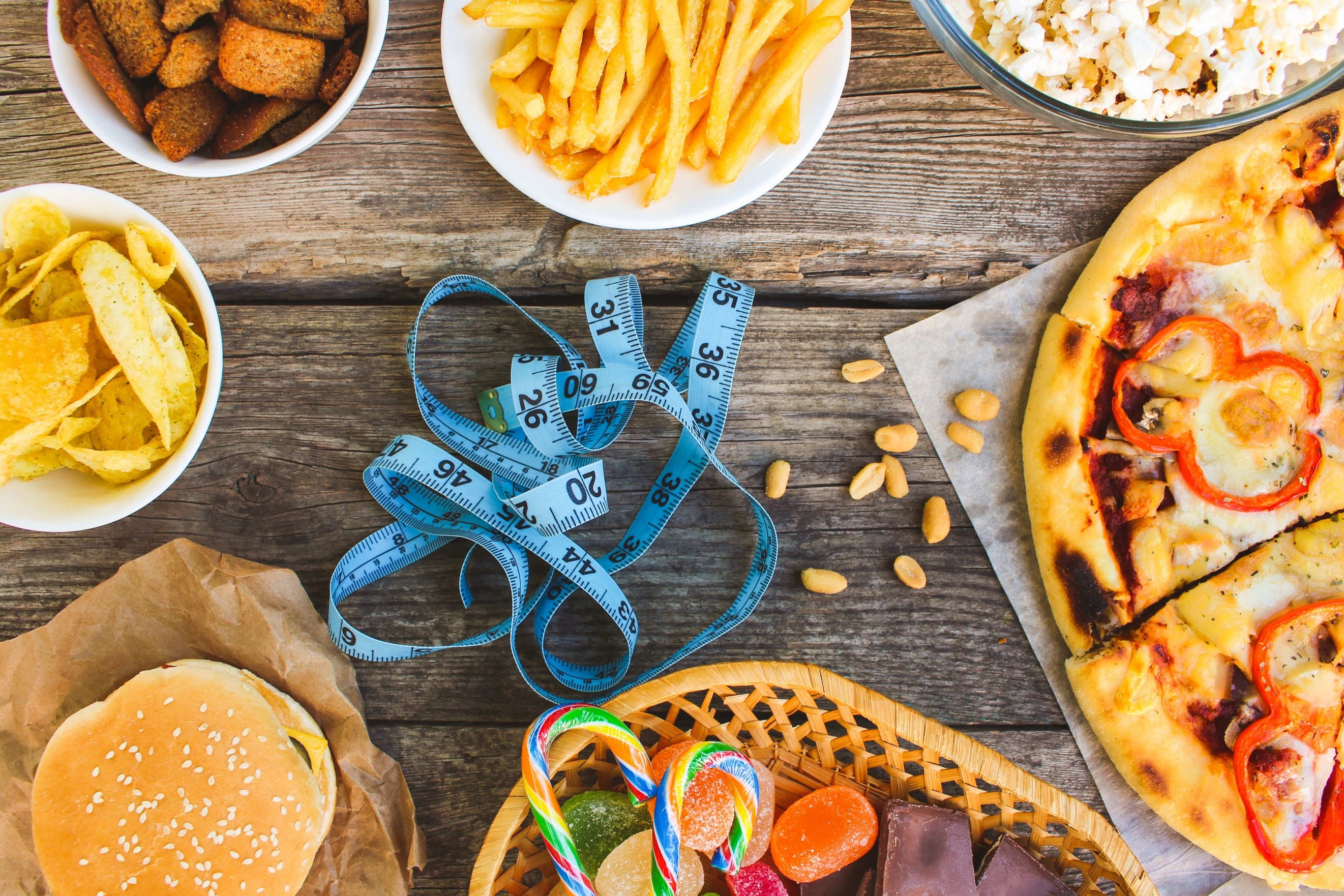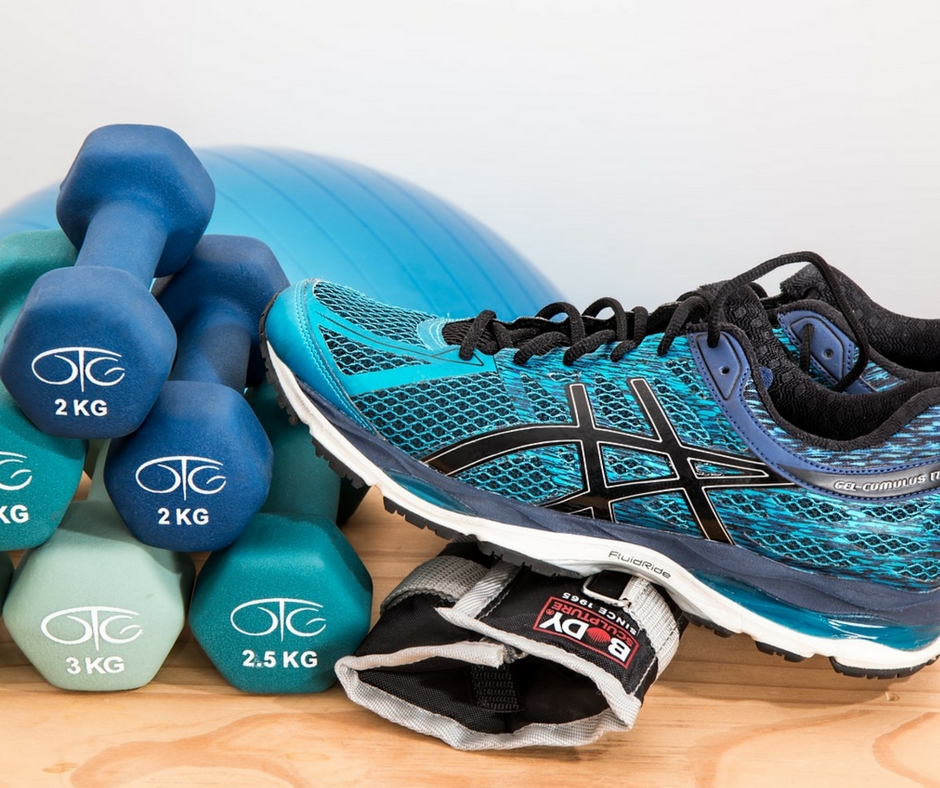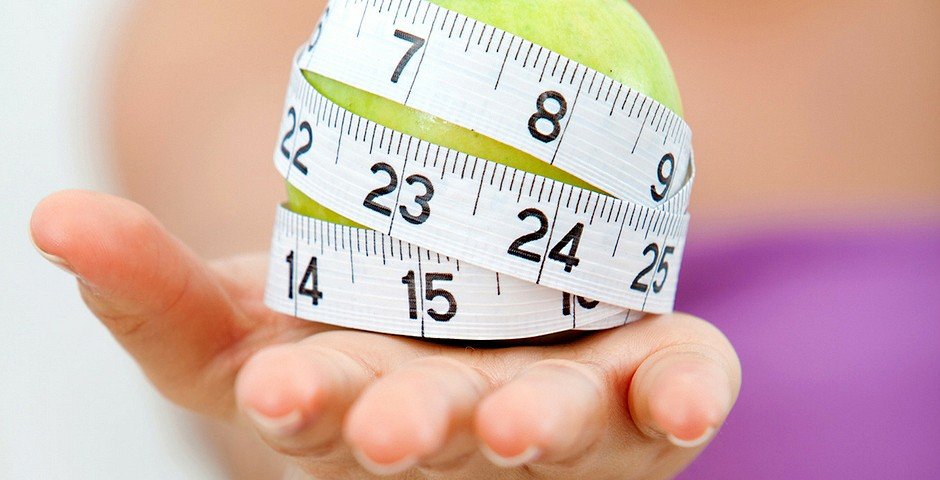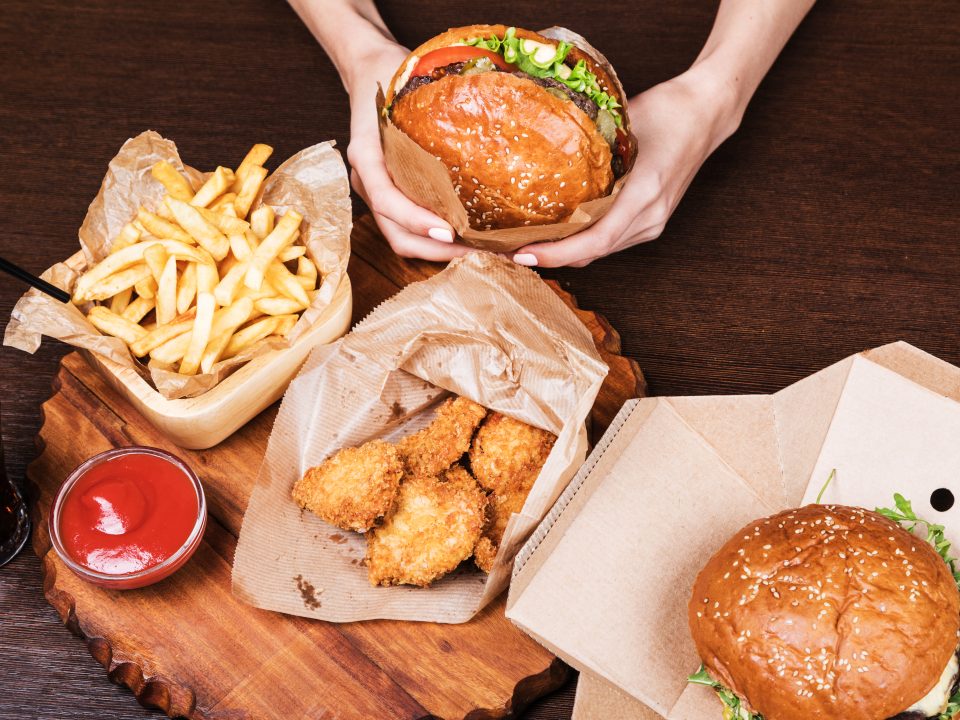
6 Tips for Overcoming Emotional Eating
April 12, 2018
5 Tips to Get Motivation to Workout
April 23, 2018Are you staring in the mirror every day, wondering how you can lose weight, get fit, and keep it off for good? While searching for the meal plan that’s a good fit for you, keep in mind that you will only see the results that you’re aiming for if you set up a strategy for success that you can stick to, no matter what challenges arise.
They key to this? Flexibility, and being realistic about what is sustainable.
You may be considering some of the following diet types, so let’s look at each of these and consider whether they would be sustainable to stick to in the long term, or whether you are likely to be setting yourself up for failure.
1. Paleo Diet
Otherwise known as the caveman diet, “going Paleo” in theory lets you experience the eating lifestyle of our ancestors during the Palaeolithic era. You will be choosing foods such as meat, vegetables, nuts and fruit as the main source of your energy and nutrition. Paleo eating involves restricting wheat, dairy and processed foods.
Pros:
- As many processed foods are calorie dense, it helps you reduce calorie intake and may help you lose weight.
- It promotes some healthy food options and keeps you away from sodium rich foods.
- Paleo has higher flexibility and is closer to regular eating than many other diets, and there have been many success stories with the Paleo lifestyle.
Cons:
- Many versions of the diet promote higher than ideal meat intake, which can cause some health issues in the future, such as higher risk of cardiovascular disease.
- Many versions limit dairy consumption, which is a valuable source of calcium and other nutrients.
- Paleo can be really expensive, especially if eating out.
- Difficult to follow for vegetarians.
- Local cafes and food manufacturers have jumped on the Paleo bandwagon, producing products that are technically within Paleo guidelines but are not appropriate for weight loss. Paleo brownie anyone?
2. Atkins Diet
While low carb diets have been around for years, we are seeing a surge in popularity for these types of diets again. In particular “Keto” diets, or ketogenic diets have bene in the spotlight due to recent research into the some potential health benefits associated with moderate ketosis. There have also been quite promising results in terms of weight loss on these diets.
Pros:
- Appears to promote weight loss, and reduce feelings of hunger.
- Cuts processed carbs and alcohol out of your diet.
- Diet consists of some less healthy options such as meat, butter, cream cheese and mayonnaise.
Cons:
- Initial side effects may occur such as bad breath, dry mouth, dizziness, tiredness, nausea, insomnia and constipation from cutting out carbs.
- Lower fibre intake.
- Higher risk of heart disease due to high intake of saturated fat.
- Very restrictive, cuts out many favourite foods, and may be expensive.
3. Low fat diet
This diet allows you to swap high-fat foods for low-fat foods. The theory is that as fat is more calorie dense, that reducing fat will reduce calories, and therefore lead to greater weight loss.
Pros:
- Generally easy diet to follow, as many regular food products come in reduced fat versions.
- Promotes a more balanced diet eating from each of the food groups and choosing lean versions of meat, poultry, fish etc.
Cons:
- Some vitamins require some fat to be absorbed, so limiting fat intake too much can affect nutritional status in a negative way.
- Many low fat food products have higher sugar content.
- Healthy fats such as avocado, olive oil, and nut oils which are good for heart health are limited.
- Doesn’t always lean to weight loss, as reduced fat diets may reduce meal satisfaction and lead to overeating.
4. Alkaline Diet
The theory behind this diet is that certain foods make your body more acidic or alkaline, and that acid producing foods are detrimental to your health. This diet also claims to be beneficial for weight loss.
Pros:
- Greatly reduces calorie intake through food restriction so may help with weight loss.
- Cuts out many unhealthy foods.
Cons:
- Removing an entire food group such as dairy products may cause some health issues.
- Creating a meal plan for a diet this restricting can be time-consuming, especially for beginners.
- Difficult to stick to long term.
- Evidence behind acidic/alkaline foods affecting body pH are inconclusive.
In summary, you may be best picking and choosing certain elements from certain diets that make sense to you and that fit in with your usual style of eating.
Choosing leaner forms of protein from the low fat diet, pairing this with reducing processed foods and increasing fruit and vegetables from the Paleo diet, increasing non-starchy vegetables and decreasing portions of starchy vegetables as per the Ketogenic diet, and reducing alcohol such as in the Alkaline diet can all be positive changes.
Choose to make changes that you feel you could sustain long term, and that don’t leave you feeling deprived.





